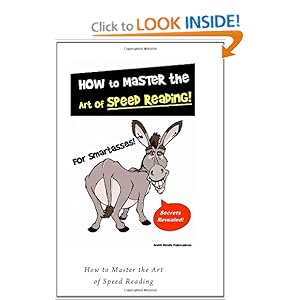- 在線時間
- 68 小時
- 最後登錄
- 22-1-18
- 國民生產力
- 0
- 附加生產力
- 772
- 貢獻生產力
- 0
- 註冊時間
- 12-1-12
- 閱讀權限
- 10
- 帖子
- 5
- 主題
- 0
- 精華
- 0
- 積分
- 777
- UID
- 855618

|
there are certainly ways to improve reading speed, for example someone mentioned subvocalisation. however, that is generally a method for competent adult readers. to compare a child's reading speed with that of a uni student's is mostly pointless; apples and oranges.
in the past, a few parents have asked me to help them understand why their children read so slowly. they reasoned that their children knew a lot of vocab and could understand all the sentences. in each case, the reason was the same: the children weren't familiar enough with many of the words.
eg. i asked a student whether he knew the word "pianist". after a few seconds' thought, he answered correctly, but with the word "singer", his answer was almost immediate.
imagine if within EVERY sentence there are a few words, like "pianist", where a child requires a little bit of extra time to comprehend or recall the meaning, those few seconds very quickly add up over the course of a paragraph or chapter. the overall effect is that he reads very slowly despite seemingly knowing every word.
comprehension requires learning, familiarity requires practice.
my two cents |
|








 發表於 12-3-4 10:53
發表於 12-3-4 10:53























